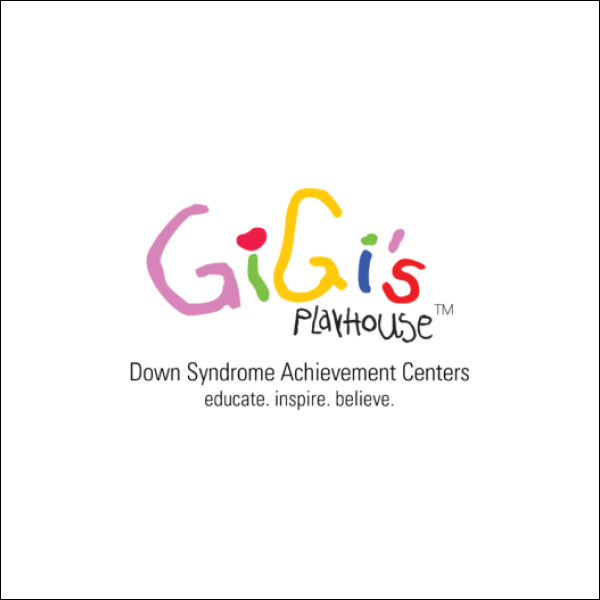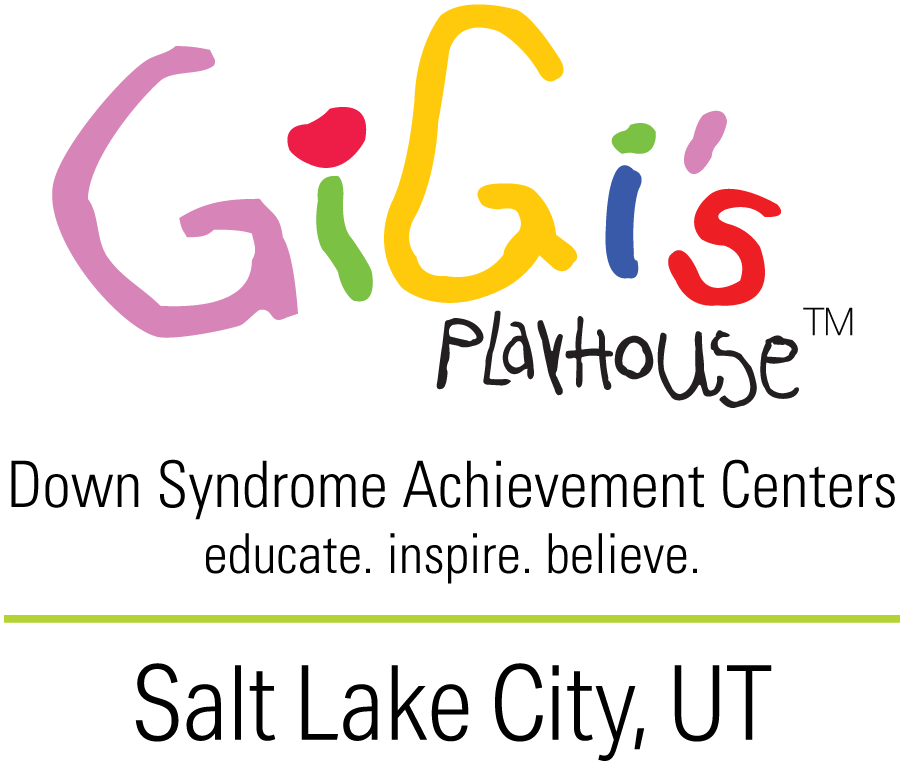Facts about Down syndrome
I recently came across a wonderful blog called Ellen Stumbo Hope and Encouragement for parents with kids with disabilities. She focuses her blogs on Down syndrome the month of October in celebration of Down syndrome awareness month. She shared this fantastic list of 31 facts about Down syndrome. I wanted to share it and make it available for all those that are curious about this amazing community or those who may be looking for new resources. You can read her blog here.
31 facts about Down syndrome
1. People with Down syndrome have 47 chromosomes instead of the typical 46. How does it happen? There is an extra copy of the 21st chromosome.
2. Down syndrome is not an illness or disease (you can’t catch it), it is a genetic condition caused by the presence of an extra 21st chromosome. What else is determined by your genetic makeup? The color of your eyes, the color of your hair, or how tall you are.
3. It is Down syndrome, not Downs, and people have Down syndrome they are not Down syndrome. Don’t say, “Nichole is Downs” say, “Nichole has Down syndrome.” Down syndrome does not define individuals, it is simply a part of who they are.
4. People don’t have “mild” Down syndrome, or “severe” Down syndrome. Ability is not dependent on the condition, but rather the individual. People either have Down syndrome or they don’t.
5. Contrary to popular belief, people with Down syndrome are not always happy. They experience every emotion you and I do. Trust me.
6. Children with Down syndrome go through the same stages of development as typical children do. The difference? Compared to their peers, it takes kids with Down syndrome longer to achieve milestones. Things like rolling over, sitting, crawling, walking, talking, etc.
7. While there are certain characteristic physical features that set people with Down syndrome apart, people with Down syndrome resemble their families more than they resemble one another.
8. A person’s facial features do not determine cognitive ability. Just because someone has many of the characteristic physical feature of Down syndrome does not mean they have a lower IQ. Just because someone has soft features of Down syndrome does not mean their IQ is higher.
9. You will get what you expect! Just because a child has Down syndrome it does not mean they are unable to be well behaved or follow directions. Kids with Down syndrome are smart, it takes them a few minutes to recognize expectations, and you will be manipulated to the best of their ability. Trust me.
10. There are three types of Down syndrome. T21 (or non-disjunction) is the most common. All cells have an extra chromosome. Translocation Down syndrome, when part of chromosome 21 becomes attached (translocated) onto another chromosome. Children with translocation Down syndrome have the usual two copies of chromosome 21, but they also have additional material from chromosome 21 attached to the translocated chromosome. Mosaic Down syndrome, where only some cells have an extra chromosome, but other cells in the body are typical.
11. All people with Down syndrome experience cognitive delays, but the effect is usually mild to moderate and is not indicative of the many strengths and talents that each individual possesses. (From the National Down Syndrome Society)
12. Not all kids/people with Down syndrome are the same. Knowing one person with Down syndrome, does not mean that all people with Down syndrome are the same. We are all individuals, all of us, regardless of how many chromosomes we have.
13. People with Down syndrome are beautiful.
14. When my daughter was born, several people offered comfort by saying, “She will never know she is different.” Here is a fact, older kids and adults with Down syndrome are aware they have Down syndrome. Once, a young woman with Down syndrome upon meeting my daughter said, “Your daughter has Down syndrome like me because we have an extra chromosome, it’s chromosome 21. It makes some things are harder for us, like…” Yeah, she rocked the extra chromosome!
15. Adults with Down syndrome are nor “perpetual children,” they are adults, and they happen to have Down syndrome.
16. Kids with Down syndrome do best in an inclusive learning environment, and typical kids do best when they learn about diversity, kindness, and friendship at an early age. Inclusive classrooms teach and benefit all kids.
17. People with Down syndrome contribute to their families, their schools, their coworkers, their employers, and society.
18. Siblings of kids with Down syndrome are not affected negatively, on the contrary, most siblings report that their relationships is one of the greatest gifts in their lives
19. Many adults with Down syndrome attend college, have jobs, or marry.
20. People don’t “suffer” from Down syndrome. In a study conducted by Brian Skotko, 99% of adults with Down syndrome reported they were happy with their lives.
21. In Brian Skotko study, only 5% of parents reported feeling embarrassed by their child with Down syndrome.
22. If someone you know has a baby born with Down syndrome, say “Congratulations on the birth of your baby!” All life is worth celebrating.
23. Adults with Down syndrome do not live with their parents forever. Many live independently and thrive.
24. Kids and adults with Down syndrome are aware of how people perceive them, and they care. They get their feelings hurt, just like you and I do.
25. People with Down syndrome have hopes and dreams. They too want to make a difference in this world (and they do).
26. One of the most significant challenges for people with Down syndrome is low muscle tone. Low muscle tone affects speech, gross motor skills, and fine motor skills. Speech, physical, and occupational therapy help.
27. The word “retarded” is offensive, it hurts. People with Down syndrome deserve respect.
28. Kids and adults with Down syndrome have much to say. They have thoughts, ideas, and enjoy meaningful conversations. Take the time to listen and be a friend to someone with Down syndrome!
29. Fifty years ago, parents were still encouraged to send their babies born with Down syndrome to mental institutions. That was not too long ago. What you see now is the hard work and determination of parents willing to fight the battle for their children, and for the many that have followed. We have come a long way, as my daughter now sits in a classroom where she is fully included…and accepted. This is worth celebrating!
30. Down syndrome is the most common genetic condition. One in every 691 babies is born with Down syndrome in the United States.
31. Most families are living and loving life with Down syndrome. If you don’t know someone with Down syndrome, you are missing out.
Recent Posts


